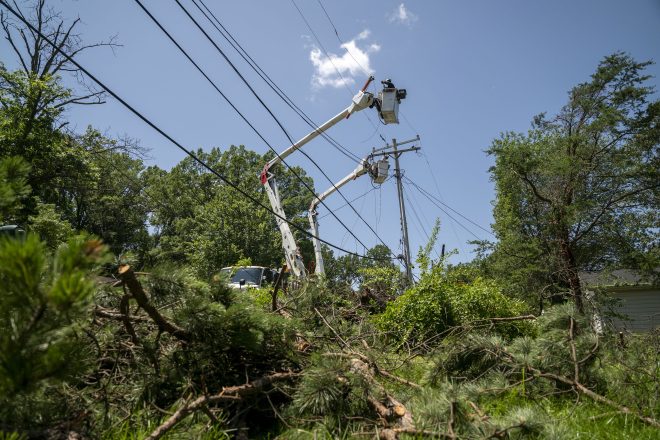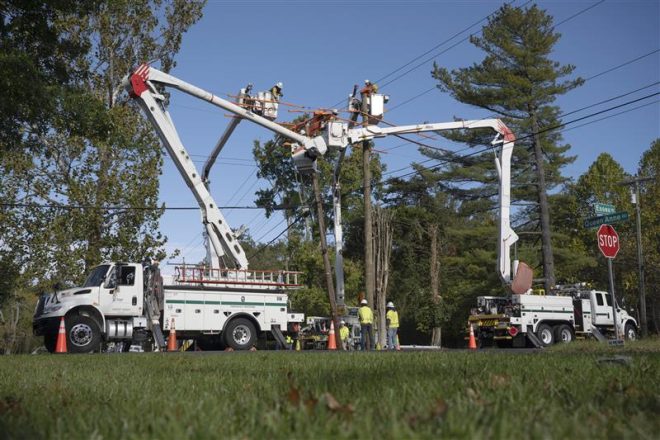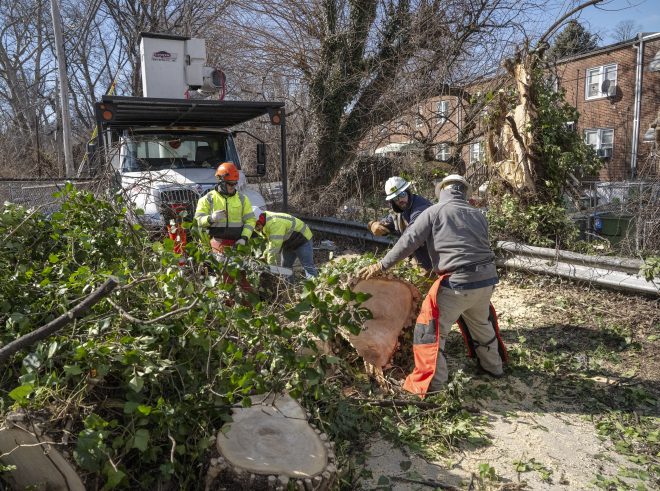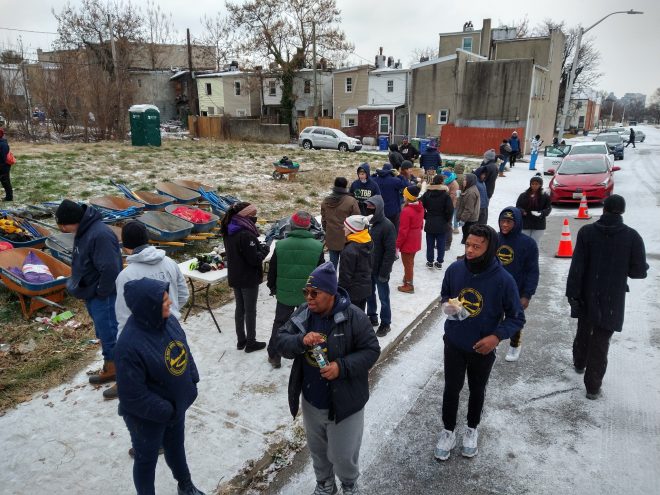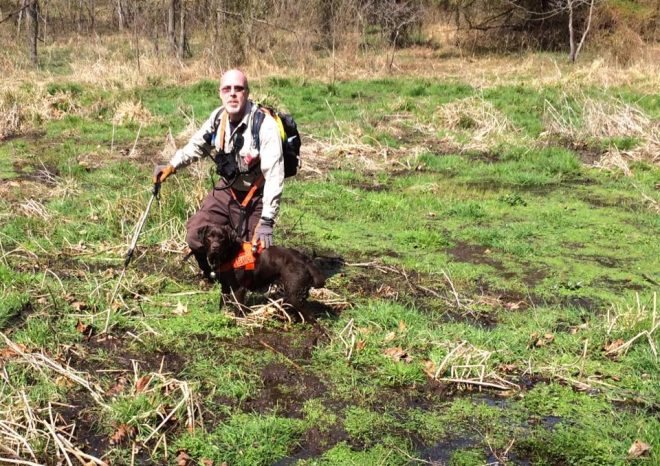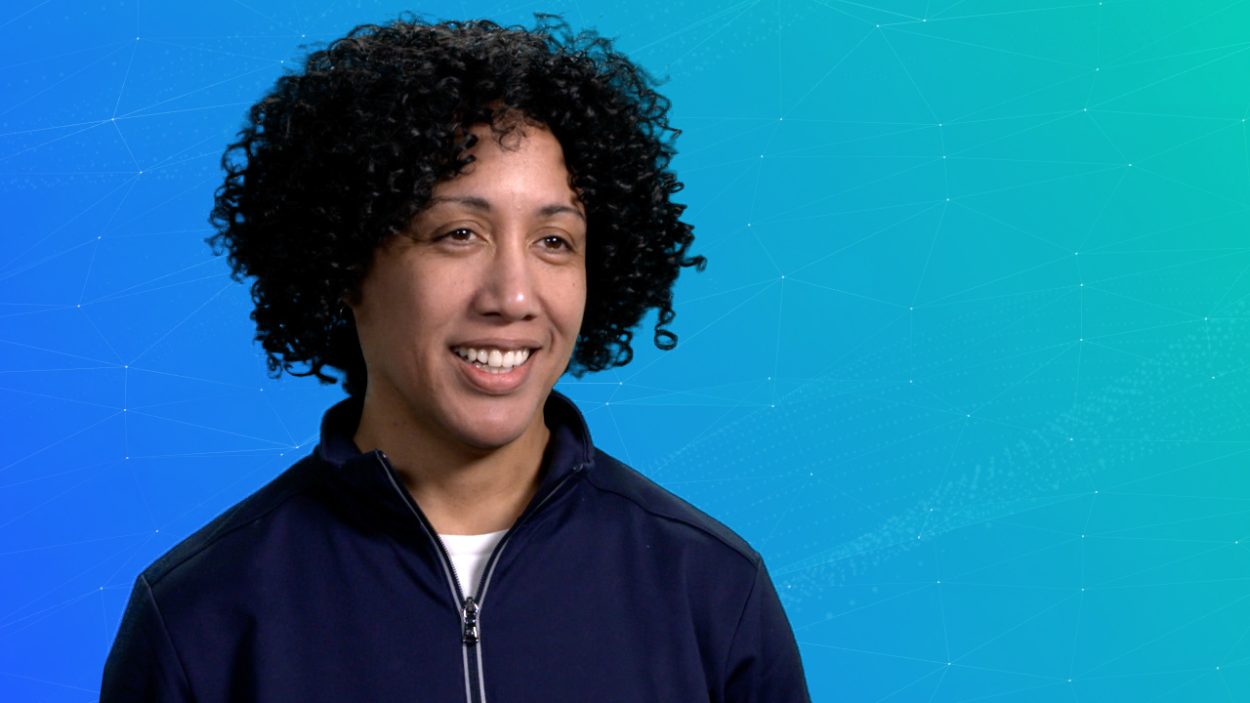
Danielle Ford is preserving a 200-year-old history of excellence and decades of institutional memory while bringing a new wave of employees into a 21st century utility.
Danielle Ford has a long record of helping people learn new skills and improving the ones they have. Her training abilities allow her to move between industries and job groups. Danielle is as comfortable and competent to support the needs of a natural gas pipeline specialist as she is helping a manager improve leadership skills.
As BGE’s Director of Utility Training and Operations, Ford oversees training for all electric and natural gas operations: the employees who install and maintain the power and pipeline systems, who connect customers with BGE energy, and who do the planning to provide service to new commercial and residential developments.
Her team trains in a variety of skills, but all employees share the same commitments: safety and reliability. Ford said her group provides employees with “the skills and techniques they need to master their field. They are professionals.”
She said, “We’ve been around for 200 years, and during that time we’ve delivered training that has been beneficial to the work we do every day and that has kept us safe.” She intends to continue that record in the face of major changes in both the workplace and the energy world.
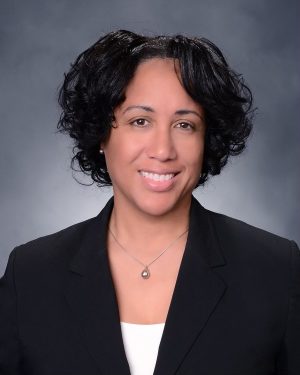
Today’s workforce. Ford joined BGE in March of 2020 – a month most of us associate with the start of pandemic-related chaos. So, she was hit with a double whammy of workplace turnover.
Baby Boomer retirements have been on utilities’ radar screens for several years. But the advent of COVID encouraged employees of all ages to leave the workforce in unprecedented numbers: the Great Resignation.
Through listening sessions, which Ford uses to gain deep understanding of a work group and its needs, she learned what would be her principal challenge: To maintain the company’s excellent record of safety and reliability while bringing new and advancing employees up to speed quickly.
“I want to support the organization in training a new group of utility workers who appreciate their craft and who want to see the continued success of BGE,” she said.
BGE’s current practices meet or exceed all standards for safety and reliability – from the most up-to-date pipeline composition to energy conservation. At the same time, parts of its system rely on materials that were installed decades ago. And many employees who are most familiar with the older infrastructure are retiring.
So, new employees must understand the company’s operational history, while learning the most current practices and expectations.
For example, Ford said, some customers still light their yards with natural gas lamp posts. She wants to convey to every new employee not only the technical skills to maintain those historic fixtures, but also to appreciate and value them as part of the company’s history. “We have to honor the skill it took to install that gas lamp and the system it took to keep it glowing.”
Ford’s challenge has been two-fold: to bring in a cadre of qualified, eager new employees and to convey what they need to know quickly and effectively.
Speed to competency. Ford sees technology as central to her goal of creating a new workforce of competent, confident, and skilled employees.
For example, she is expanding the use of Virtual Reality (VR) as an essential training tool. Now, a new employee can experience what it’s like to work on hard-to-access electric or gas fixtures without ever leaving the training facility – using tools most of us associate with the electronic gaming world. BGE trainees have the benefit of using the VR headset and program for as long as they need to feel comfortable.
And employees can now scan codes into their phones leading them to “micro-learning” sessions. These mini trainings, no longer than a minute, explain basic knowledge each employee needs, like how to use a safety data sheet.
Rather than sitting in a classroom for a scheduled period, Ford said, “They can access the material at any time, online.” It speeds learning and reduces time taken out of the field.
“Speed to Competency” doesn’t meaning anything essential will be lost, Ford said. Rather, it’s a way to get an individual as much information as possible to accelerate their learning.
“Training should be immersive,” she said. “There should be many different touch points to help someone’s learning.”
Reaching out, bringing in. Ford sees training as part of a spectrum that starts with workforce development and recruiting. The company is reaching out to disadvantaged communities and people who may never have been exposed to the potential of skilled utility work.
Once an employee is recruited, Ford said, her team makes sure “we’re improving skills they already have and adding to them, so they become well-rounded employees.” Her goal is for each recruit to be of service to customers and explore what they can contribute inside the company, “with the perspectives and insights they bring that are different from what we’ve traditionally seen in our organization.”
BGE as an industry leader. BGE, along with its parent company Exelon, strives to be in the vanguard of training and development.
Ford believes to be an industry leader, it not only takes the individuals on the training team, but in addition, “It takes those in the field to help us be leaders. It takes strategic planning. It takes loyal customers and operations people, all who provide feedback.”
“I just happen to be the person who navigates us through that process,” she said.
BGE is one of the most recognized companies in Maryland, and a leader in developing talent while providing rewarding careers. A career at BGE means you’ll be at a place where you are respected for your knowledge and skills, acknowledged for your commitment and hard work, and given the opportunities to advance in a variety of fulfilling roles. Learn more about working for BGE by visiting the Exelon career site.

